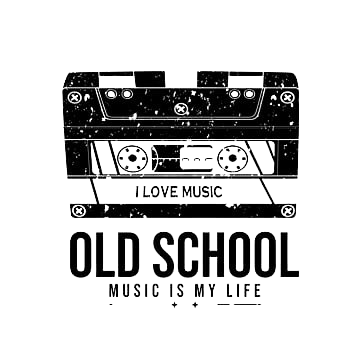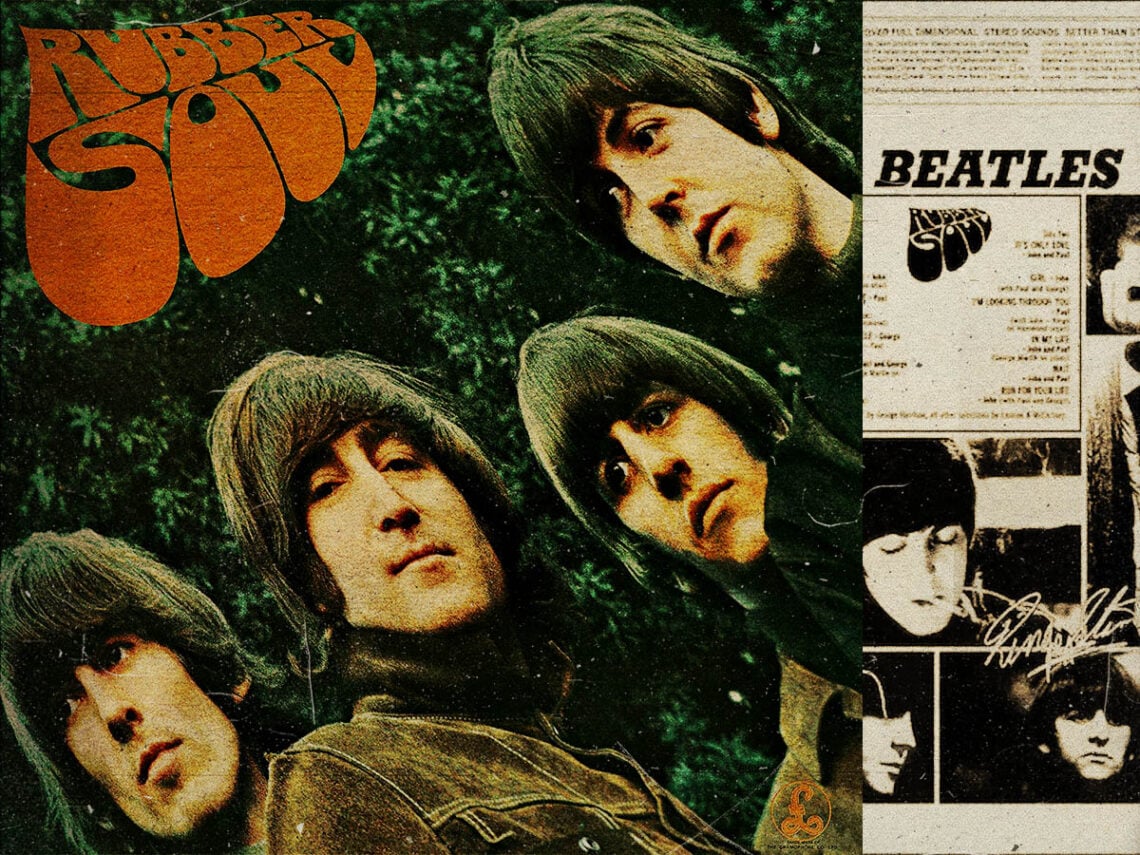Rubber Soul was the first real statement The Beatles made in the form of a cohesive album. In fact, you could say it was the first deliberate rock album because, before its release, the LP as a primary form of musical expression was the exclusive domain of jazz and folk.
It was the album that convinced Brian Wilson to discard beach music altogether, and make his band’s next effort in the studio a pop symphony for the ages, and it was the first record in Western popular music that included an instrument from outside of European and American traditions.
But more than either of these things, it was the moment that The Beatles dared to venture beyond the themes of rock and roll dancefloors and adolescent romance. They’d dabbled in more profound subject matters with John Lennon’s ‘Help!’ and Paul McCartney’s ‘Yesterday’, but nowhere near as extensively as they do on Rubber Soul.
They deal with distinctly adult sexual encounters in ‘Norwegian Wood (This Bird Has Flown)’ and ‘Girl’, and grown-up relationship problems in ‘You Won’t See Me’ and ‘I’m Looking Through You’. There’s existential emptiness in ‘Nowhere Man’, anti-establishment anger in ‘Think for Yourself’, and reflections on childhood in ‘In My Life’. Every song has an edge to it, standing out from the perfectly circular love songs the band has churned out previously.
But what does the album title mean?
Despite the elements of folk rock and Indian raga overtly presented to us on Rubber Soul, it seems that the music genre which had the biggest influence on The Beatles while they were making the LP was African-American R&B and soul. The group were huge fans of Motown and Stax records, as well as Phil Spector’s productions with The Crystals and The Ronettes.
They’re a little more subtle than the sitar on ‘Norwegian Wood’ or The Byrds riff on ‘If I Needed Someone’, but once we’re listening out for them, the soul and doo-wop inspirations for the album are hard to miss. For instance, the girl-group call-and-response backing vocals on ‘You Won’t See Me’, the bluesy piano hook in the chorus of ‘Drive My Car’, and the syncopated Otis Redding rhythms on ‘The Word’.
The album title is an allusion to these inspirations but a slightly embarrassed, self-effacing one. As Lennon explained in his 1970 Jann Wenner in his 1970 Rolling Stone interview, “That was Paul’s title, it was like ‘Yer Blues’ I suppose,” referring to his pastiche of a Chicago electric blues number in 1968. “Meaning English Soul, I suppose, just a pun.” The play on words is, of course, related to the rubber soles on platform shoes.
The Beatles were four white Brits from Liverpool who happened to love the blues and soul music made by black Americans, like many white musicians before and after them. However, they were shy about claiming this music as their own. And so, while wearing their influences on the sleeve of their new album, they framed it in self-deprecating terms using a silly pun, as if to acknowledge that the music which inspired them isn’t actually part of their identity.
This idea wasn’t entirely theirs, as the term “plastic soul” already existed in pop music parlance prior to the album’s release, referring precisely to white musicians incorporating African-American features into their work. But The Beatles being The Beatles, they had to come up with something cleverer, and funnier. And their album title is now arguably celebrated more for its Liverpudlian wit than for its nod to the pioneers across the pond.

